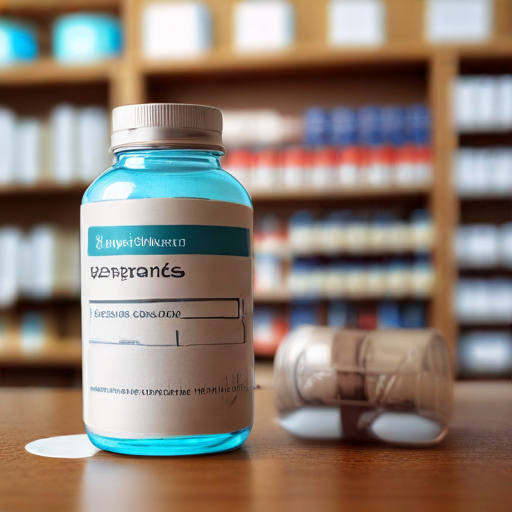A new report by the House Committee on Oversight and Accountability has revealed that pharmacy-benefit managers (PBMs) are directing patients towards more costly medications while restricting their pharmacy options. This finding emerged from a thorough 32-month investigation ahead of a hearing involving top executives from the largest PBMs in the U.S.
PBMs serve as intermediaries for prescription drug plans, negotiating prices with pharmaceutical companies and determining the out-of-pocket costs for patients. The report highlights that Express Scripts, UnitedHealth Group’s OptumRx, and CVS Health’s Caremark collectively manage around 80% of prescriptions in the United States.
The findings indicated that PBMs have been curating lists of preferred drugs that favor higher-priced brand-name medications over more affordable alternatives. The report referred to internal communications from Cigna that discouraged patients from opting for less expensive alternatives, such as biosimilars to Humira, an expensive drug that costs approximately $90,000 annually, despite the availability of similar treatments at half the price.
Additionally, the report pointed out that Express Scripts informed patients they would incur higher costs if they filled prescriptions at their local pharmacy compared to using its affiliated mail-order service. This tactic effectively limited patient options regarding where they could receive their medications.
The U.S. Federal Trade Commission (FTC) corroborated these findings in an interim report revealing that the top six PBMs control nearly 95% of prescriptions in the country. The FTC expressed concern that such significant market concentration grants PBMs considerable influence over patient access to affordable medications, creating potential conflicts of interest that disadvantage independent pharmacies and inflate drug costs—even for crucial treatments like cancer medications.
Despite the troubling implications of these findings, there is a growing awareness and scrutiny of the role PBMs play in drug pricing. This increased attention may lead to changes in regulations and practices that could enhance transparency and improve patient access to affordable medications in the future.
As awareness rises, there is hope that reforms could reform the PBM system and ensure that patients have equal access to affordable healthcare options, promoting a more equitable landscape for prescription medications.
